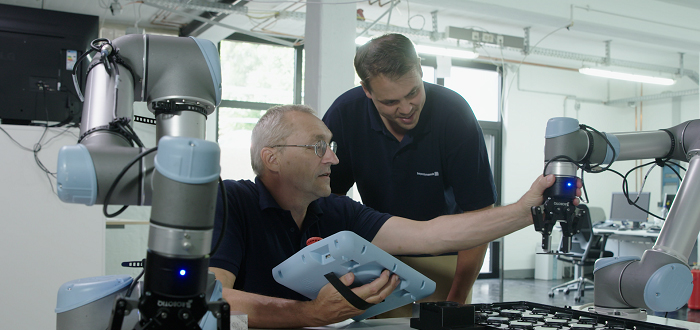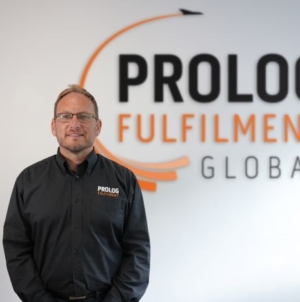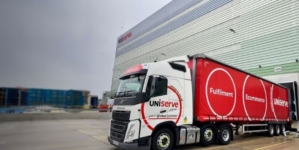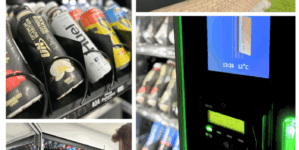-
QUECLINK LAUNCHES COMPACT DMS CAMERA SOLUTION FOR ADVANCED DRIVER MONITORING - 9 hours ago
-
CTRACK AND ARTURA JOIN FORCES TO LAUNCH TELEMATICS-ENABLED ACCIDENT AND REPAIR SOLUTION - April 28, 2025
-
GOPLASTICPALLETS.COM CELEBRATES MONUMENTAL 2,000 TONNE RECYCLING MILESTONE - April 24, 2025
-
LSA INTERNATIONAL CHOOSES PROLOG FULFILMENT TO MANAGE ITS DISTRIBUTION & LOGISTICS - April 23, 2025
-
Uniserve Partners with Logistics Reply to Deliver Transformation to Customers Supply Chains - April 23, 2025
-
Nutrivend selects Forterro’s Orderwise to support online expansion and streamline operations - April 11, 2025
-
Breaking down the automation cost barriers - April 11, 2025
-
ARROWXL LAUNCHES AMBITIOUS ZERO WASTE ROADMAP - April 8, 2025
-
THE BCMPA’S NEW CAMPAIGN DRIVES OUTSOURCING SUCCESS IN Q1 - April 7, 2025
-
‘Solution Agnostic’ approach to automation brings warehouse agility - April 2, 2025
Universal Robots Mark Gray responds to today’s UK Spring statement.
Today’s Spring statement has prompted a renewed focus on the UK’s productivity, with the Shadow Chancellor highlighting Britain has the lowest rate of industrial robot use in the OECD.
In response, Mark Gray, Universal Robots has made the following comments:
“It is correct to say the UK has the lowest robot density in Europe and that it is the only G7 country that is lower than the world average. However, that means there is huge potential for our manufacturing base to leverage automation and increase productivity.
The high costs and inflexibility of traditional industrial robots puts them out of reach of the average SME. However, collaborative robots (cobots) are very different as they typically achieve payback within just six months. As UK manufacturers consider the consequences of Brexit to their operations cobots offer a clear strategy for addressing skills shortages, increasing output and upping productivity.























